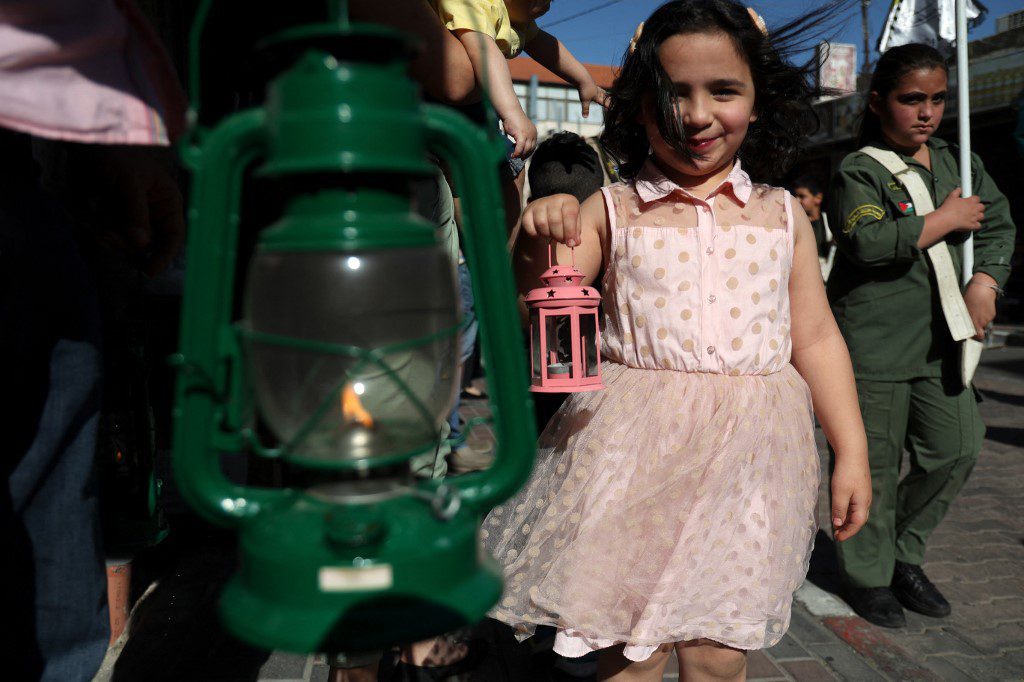
Majed Kayali
The Palestinians currently face difficult and complex situations on Israeli, Arab and international levels. These situations are due to their weakness, dispersion, underdeveloped administration, and also unfavourable external inputs.
On the Israeli level, it seems that Israel will remain with a more racist right-wing government. Despite wasting fifteen years of the settlement process, Benjamin Netanyahu might form the fifth government under his leadership. Netanyahu did that between 1996 and 1999, and then between 2009 and 2021. The Palestinian leadership has recently placed its bets on the possibility of changing the Israeli policy. This leadership worked on bringing down Netanyahu and the emergence of alternative leadership. However, the current status quo of Israel does not allow providing the Palestinians with anything new, be it with a government formed by Netanyahu or not. Israel will continue with its policies. It will make the settlements stronger while changing the situation in the West Bank. Israel will do that in a way that consolidates occupation, subordination, and dominance. Based on that, the Palestinian Authority would remain a nominal political entity whose mission is limited to controlling the conditions of the Palestinians under occupation and managing their relations with it in the civil, economic and security aspects.
The Israeli reality is not the only thing that the Palestinian leadership faces as the Arab situation is no less complex. The so-called Resistance axis, which used to have bidding wars with this leadership, almost disappeared when the Syrian regime got its hands full fighting its people. Hezbollah was exposed, and the regional ambitions of Iran became clear. However, the opposite axis did not remain the same. There is uncertainty about the conditions of the Arab world at the levels of governments and societies. The progress of normalization between Israel and many Arab countries exacerbated the Arab situation. The normalization leads to disengagement between the Palestinian cause and the Arab regimes. It also leads to disengagement between the settlement process and normalization. In light of these transformations and circumstances, no one can expect a fair settlement or one that guarantees a minimum level for the Palestinians, not to mention that no one can ever expect Israel to compromise in light of these circumstances. In this regard, we talk in light of the devastating situation occurring in the Arab Mashreq, from Iraq to Lebanon through Syria.
At the international level, the Palestinian leadership has not been able to reap anything practical from the series of disparate attempts to recognize Palestine as a state (an observer in the United Nations). All international, political, and moral pressures have not persuaded Israel or forced it to change its policies towards the Palestinians because it did not reach the necessary degree. Moreover, the United States holds the keys to the decision in this regard. Despite all disputes with the Netanyahu government, the US administration has never reached the point of putting decisive pressure on Israel in the interest of the Palestinians. Such a thing did not happen with the administrations of Clinton and Obama. The situation will not be better with the administration of Biden.
The Palestinian leadership – including that of the PLO, the Palestinian Authority and Fatah – is either not aware of these facts or ignores them. This leadership does not want to confess that the world that created the settlement process does not exist anymore. In addition to lacking the abilities needed to accept that fact, the Palestinian leadership has no more energy to fight.
With its remaining time, the Palestinian leadership should think carefully about finding practical alternative ways to the approach it has recently followed. Such an approach led only to the failure of the settlement process, authority division, the erosion of the collective national frameworks: the PLO, the Palestinian Authority, and the factions. After the transformations and polarizations that took place, this approach also led to the decline of the Palestinian cause in the Arab and international priorities list.
In these circumstances, it is now fair to search for alternatives boldly, honestly, and objectively. The Palestinian leadership has reached the end of its path long ago. After all that happened on the Palestinian, Arab and international levels, it has nothing to do or add. The historical duty of this leadership lies in ensuring the political change in the Palestinian reality. Such a thing could be the last national contribution that this leadership can make for future generations because the alternative to that is the death of the Palestinian national condition or its extinction in one form or another.
In these difficult and complicated circumstances, the Palestinians cannot do anything to face Israel except resilience and refusing to submit to its dictates. Therefore, they must reorganize and arrange the Palestinian house on new foundations. This process should include the PLO, the Palestinian Authority, the factions, and the various national collective frameworks. We need to consider the developments seen in the Palestinian communities. Such a thing must include the changes in the factional map and securing the requirements for the national movement to restore its character and competence as a national liberation movement. Nothing is more important than arranging the Palestinian house, whether with or without elections.
DISCLAIMER
The opinions expressed in this publication are those of our bloggers. They do not purport to reflect the opinions or views of Fanack or its Board of Editors.


